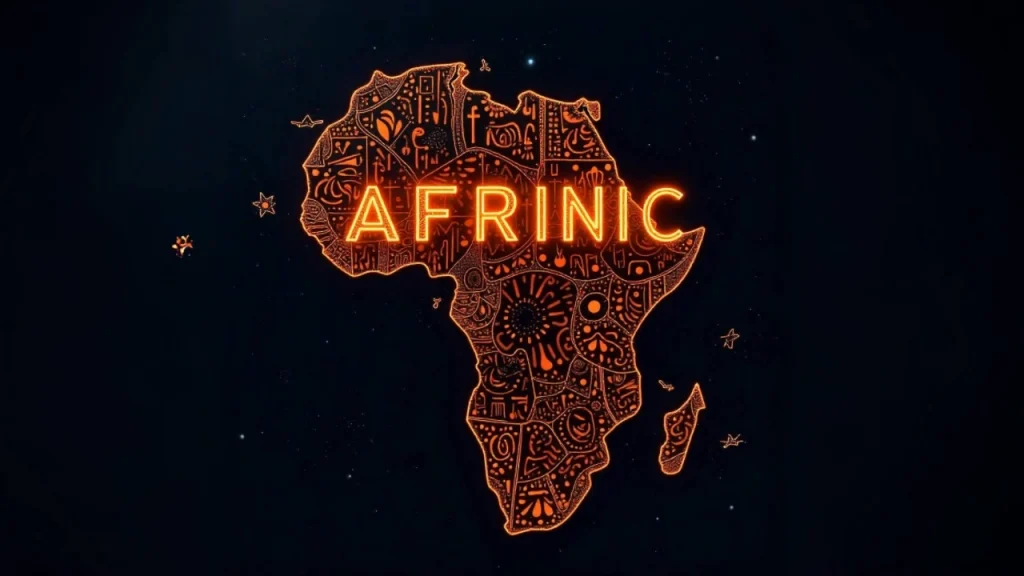- AFRINIC’s repeated electoral disputes have drawn global attention, raising questions about whether Africa’s RIR can meet international norms of transparency.
- As ICANN, governments, and stakeholders weigh in, how AFRINIC resolves its governance challenges could reshape Africa’s credibility and influence in internet governance.
The disputes exposed
Since mid-2021, AFRINIC has been entangled in legal battles and internal governance breakdowns. A major flashpoint came in June 2025, when AFRINIC attempted to hold board elections under the supervision of a court-appointed Receiver. Hundreds of members cast votes (including via proxy) on 23 June, but the process was halted when one proxy was disputed. AFRINIC annulled the entire election shortly afterward, citing irregularities. (Notice to AFRINIC Members, 15 July 2025)
Global bodies like ICANN responded with formal notices demanding increased fairness, transparency, and clarity in election rules. On 6 June 2025, ICANN called for immediate corrective steps, including clarity on membership registration, nomination committee composition, and election procedure. Critics say the annulment — triggered by a single disputed proxy — set a concerning precedent: that minor procedural disputes can invalidate large numbers of valid votes, undermining member confidence.
Also read:Why AFRINIC‘s election legitimacy matters for internet governance globally
Also read:How AFRINIC‘s electoral future relies on stronger constitutional safeguards
Implications for Africa’s global role
The global internet governance system relies on Regional Internet Registries (RIRs) operating with legitimacy, fairness, and stability. When AFRINIC is seen to struggle with basic election integrity, global stakeholders—ICANN, the NRO (Number Resource Organization), ISPs, technical communities—start to question what this means for Africa’s participation in setting norms.
Delays, court interventions, and repeated annulments risk diminishing Africa’s voice in policy decisions and resource allocation – for example, IPv4/IPv6 distribution, addressing global coordination problems, or being trusted to host or enforce internet-governance policies. If AFRINIC is perceived as unstable or unreliable, some international partners might favor more centrally governed or external bodies in future coordination, reducing Africa’s agency.
Moreover, internal member trust is critical. When members feel their votes may be discarded over procedural technicalities, engagement declines and legitimacy suffers. That creates a feedback loop: weaker participation – weaker legitimacy – more external pressure. Africa cannot afford to lose this standing in a field that is increasingly competitive and politically sensitive globally.

